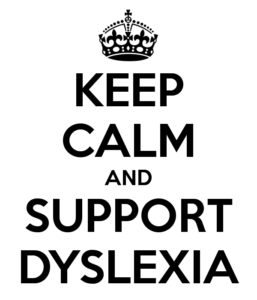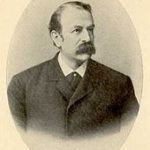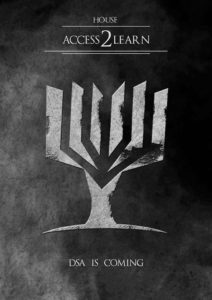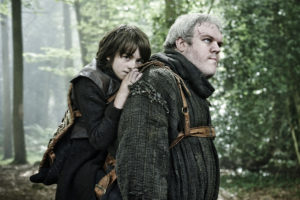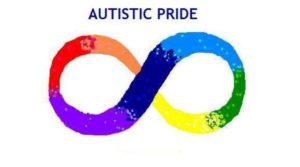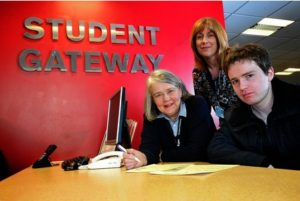
New Years Resolutions
First of all dear readers, on behalf of Access2Learn, I’d like to start by wishing you all a very Happy New Year! May it be a year full of opportunities, good fortune and successes for all of you.

New Years Eve Fireworks in London
Of course, the beginning of the new calendar is an opportunity in itself – once you get over the bad case of January Blues that no doubt many of you are suffering from as we struggle back into our work/study routines, the New Year is as good a time as any to commit to changes we wish to make in our lives. Our New Year’s Resolutions often include losing weight, learning to drive, perhaps quitting smoking, procrastinating less on those all-important assignments … or doing that one thing that you’ve always wanted to try but fear to attempt, such as doing a placement, joining/creating a society/sports team, trying to lead a more active social life … the list goes on and on.
The trouble is, dear readers, that these New Year’s Resolutions are often very difficult to keep to. It’s not impossible, by any means, but one’s strength of will is soon tempted from its course by the siren’s songs – it’s all too easy to cave to our desires for those foods we know we shouldn’t eat or just to plug in the games console and forget our commitment to joining a gym or working harder. It doesn’t mean we’re weak – but even the strongest individuals only have so much willpower, especially when we have to work or study regularly.
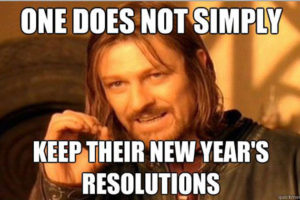
Sean Bean explaining the difficulties of New Years Resolutions
But perhaps that’s exactly the problem – most of us try to accomplish these things on our own and inevitably, our willpower depletes. I don’t know if I can speak for everyone reading this, but in my case, my own worst enemy is myself. My anxiety and fear of failure, rejection, embarrassment … all these things mean that I constantly get in my own way when it comes time to make all the changes I want to make – and as previously stated, I only have so much willpower, same as anyone else. I admit, already some of my New Year’s Resolutions are in jeopardy.
So this year, I want to propose another New Year’s Resolution … one that will not only require less of your vital willpower, but in my experience will also give you a boost in accomplishing what you want to accomplish. My suggesting is simple; to make use of the support available to you.
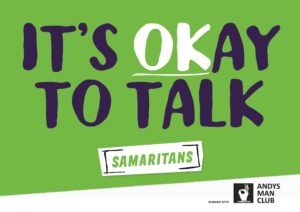
The Samaritans
Now hold on, I know what you might be thinking: ‘seriously? That’s the big suggestion?’ Hear me out. A group effort is far more effective than an individual effort. You know what they say, ‘many hands make light work’. You don’t have to do all these things yourself. There is support in place to help you cope with study, work or even if you just need to talk to someone about your problems. Even just talking to someone is a great way to put things into perspective and get the emotional weight off your mind, freeing you to devote more energy to your goals.
If you are experiencing fear, doubt, anxiety or depression – or even if you just want a neutral perspective – the Samaritans are a great place to start. As a student and a graduate I have turned to them many times for a sympathetic ear and a judgement-free conversation about my troubles, which I have always found tremendously relieving. If you are a current student, it is also highly likely that your university can provide you with on-site counselling sessions, which I can again vouch for from experience … in my final year of university, which as you know is also dissertation year, I also took it upon myself to run for Disabled Students Representative and create the Disabled Students Society, both of which took a tremendous effort, on top of the effort of making it through uni. As you can imagine, this took a serious toll on my mental health and without counselling, I doubt I’d have made it very far through the year with a total mental collapse.
And of course, I’d be remiss if I didn’t mention support available through Disabled Students Allowances! If you meet the definition of ‘disability’ under the Equality Act 2010, meaning you have a physical or mental condition that will significantly affect your ability to carry out daily tasks for longer than 12 months, you may be eligible to apply for DSA and receive (on a needs dependant basis) a support bundle which could include a new laptop complete with specialist software, a printer/scanner, 1-2-1 support mentoring and a general allowance to put to things such as travel or printer consumables! Also, forgive the shameless self-marketing, dear readers, but also if you happen to book an assessment with Access2Learn, you’ll be able to chat to the Student Consultant team whenever you like about any needs you might have!

Access2Learn DSA
Now that the self-promo is done, you might be wondering, dear readers, why on Earth I feel I have to tell you something so simple. I mean it’s obvious that a group effort is more effective than an individual effort right? Again, I ask that you bear with me. Let’s be honest … asking for help is hard, especially if you happen to be a male I daresay. Appearing weak, admitting vulnerability or a lack of independence … everything a guy is not allowed to do by society’s definitions right? Though I suppose no-one would like that feeling, male or female … the point is, ladies and gents, asking for help is hard, but if you can get over the hurdle of simply picking up the phone or sending an email, you’ll be taking not just a first step, but a huge leap towards getting yourself ready to make your desires for the New Year a reality!
Thanks for reading our blog, and may 2018 be your year!

